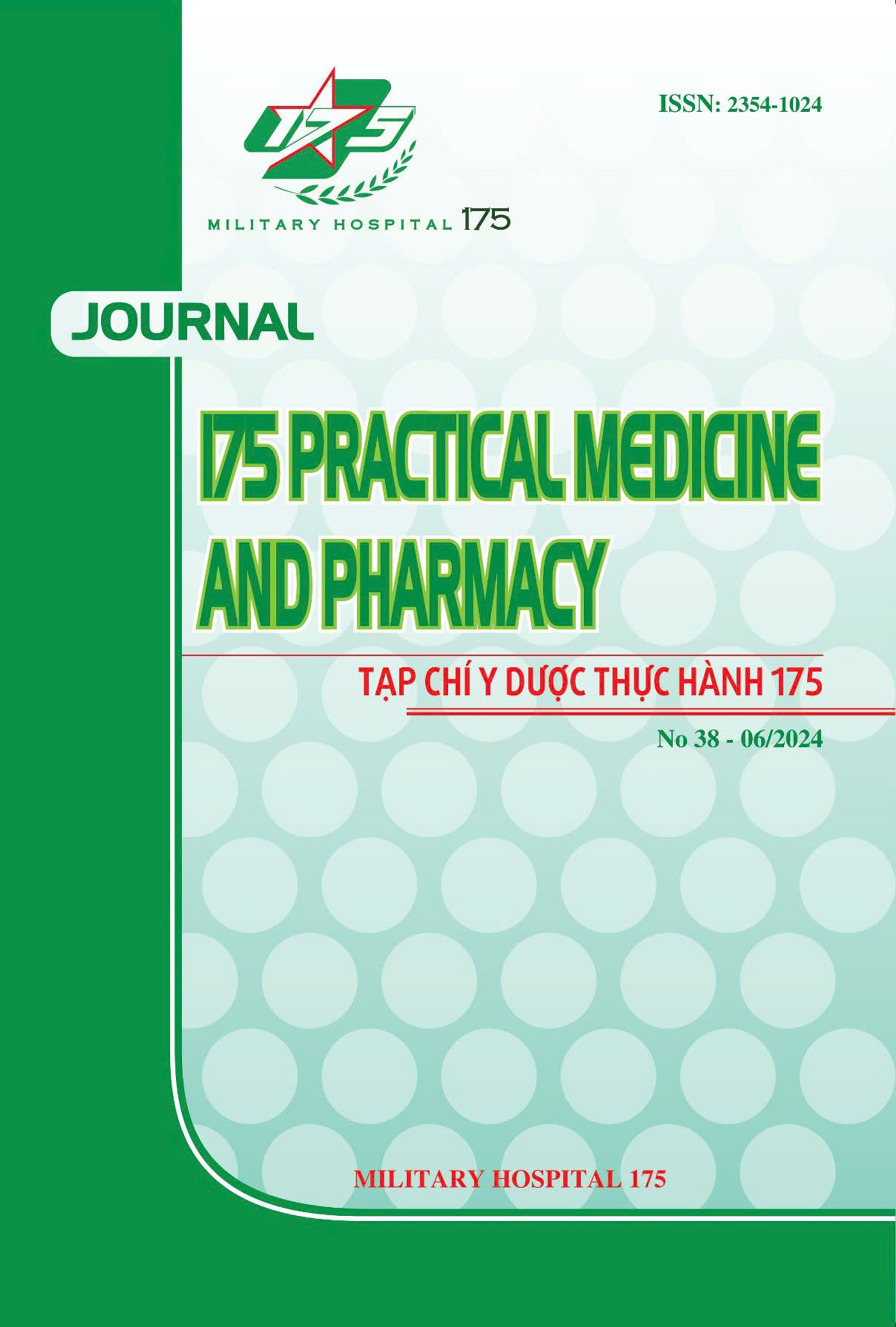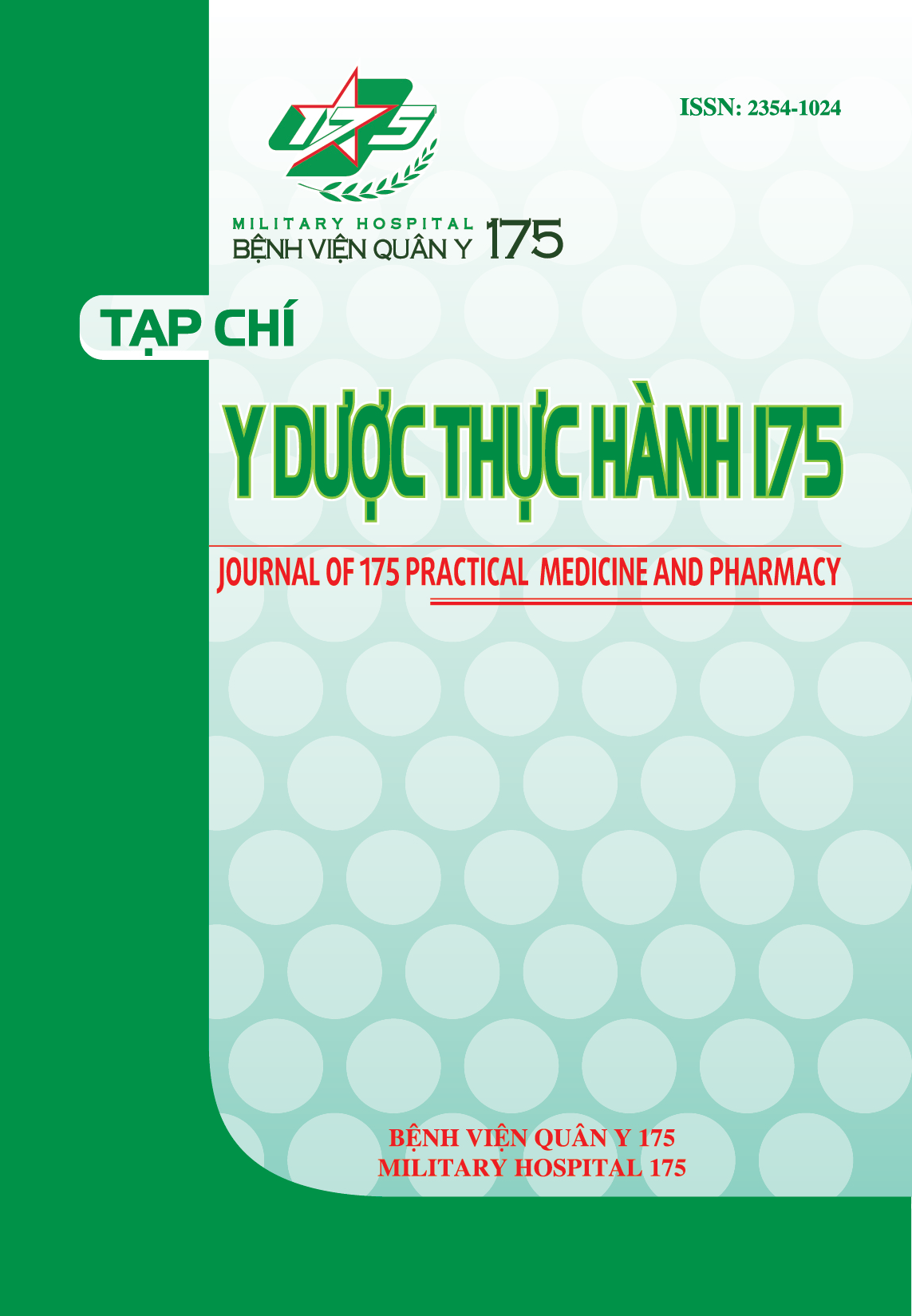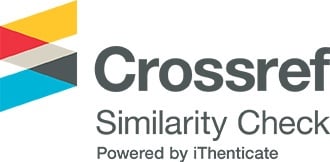DEVELOPMENT OF A HANDBOOK FOR THE REHABILITATION OF POST-STROKE DYSPHAGIA AND COMMUNICATION DISORD
Các tác giả
DOI: https://doi.org/10.59354/ydth175.2024.273Từ khóa:
handbook, communication disorders, dysphagia, post-stroke, Speech and Language Therapy, caregiverTài liệu tham khảo
World Stroke Day 2022. November 29, 2022. https://www.who.int/srilanka/ news/detail/
Living-Clinical-Guidelines-for-Stroke Management.https://informme.org. au/guidelines/living-clinical-guidelines-for-stroke-management
Nguyen MH, Vo HK, Hoang TXH, Nguyen NH. Results of early rehabilitation with dysphagia in patients with acute cerebral infarction treated at the neurology department of Bach Mai Hospital. VMJ. 2021;506(1). doi:10.51298/vmj.v506i1.1183
Simmons-Mackie N, Worrall L, Shiggins C, et al. Beyond the statistics: A research agenda in aphasia awareness. Aphasiology. 2020;34(4):458-471. doi:10.1080/ 02687038.2019.1702847
Ekberg O, Hamdy S, Woisard V, Wuttge-Hannig A, Ortega P. Social and psychological burden of dysphagia: its impact on diagnosis and treatment. Dysphagia. 2002;17(2):139-146. doi:10.1007/s00455-001-0113-5
CAM 102: Overview of Manual Development. Accessed September 12, 2022. https://asu.edu/aad/manuals/cam/cam102.html
The Patient Education Materials Assessment Tool (PEMAT) and User’s Guide. https://www.ahrq.gov/health-literacy/patient-education/pemat.html
Le Khanh Dien, Luu Thi Thanh Loan. Communicating with aphasia - A guide for families and caregivers. Pham Ngoc Thach University of Medicine. 2014
Menu-for-People-with-Swallowing-Difficulties.pdf. https://trinhfoundation. org/static/pdf/Menu-for-People-with-Swallowing-Difficulties.pdf
Muhrodji P, Wicaksono HDA, Satiti S, Trisnantoro L, Setyopranoto I, Vidyanti AN. Roles and Problems of Stroke Caregivers: A Qualitative Study in Yogyakarta, Indonesia. F1000Res. 2022;10:380. doi:10.12688/f1000research.52135.2
King RB, Ainsworth CR, Ronen M, Hartke RJ. Stroke Caregivers: Pressing Problems Reported during the First Months of Caregiving. J Neurosci Nurs. 2010;42(6):302-311.
Lobo EH, Frølich A, Abdelrazek M, et al. Information, involvement, self-care and support—The needs of caregivers of people with stroke: A grounded theory approach. PLOS ONE. 2023;18(1):e0281198. doi:10.1371/journal.pone.0281198
Howe T, Davidson B, Worrall L, et al. ‘You needed to rehab … families as well’: family members’ own goals for aphasia rehabilitation. International Journal of Language & Communication Disorders. 2012;47(5):511-521. doi:10.1111 /j.1460-6984.2012.00159.
Tải xuống
Tải xuống: 110










